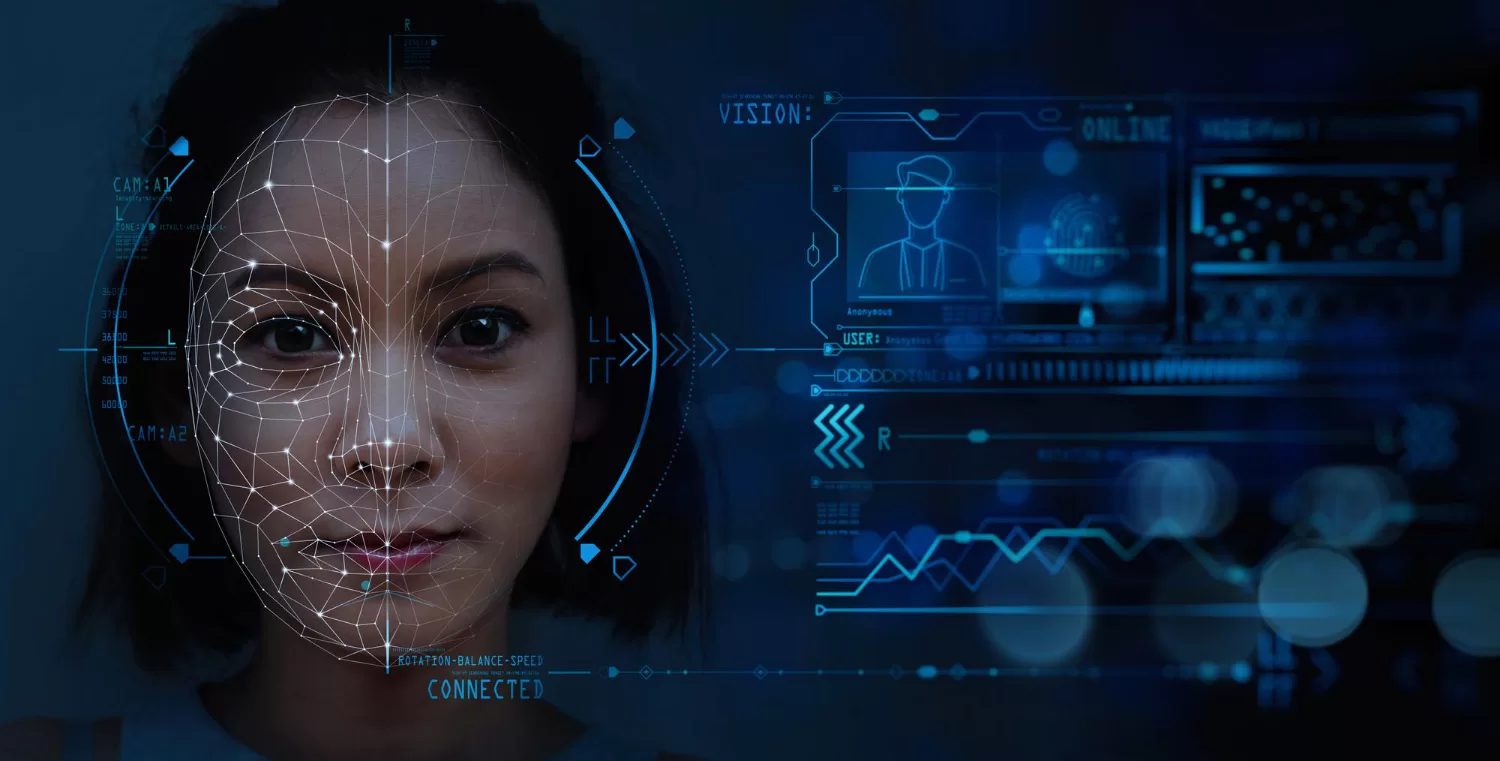Facial recognition tech has rapidly expanded into numerous public venues and even online casinos like Letslucky, in recent years with the intention of boosting security and delivering personalized services. However, the integration of such biometric data networks into brick-and-mortar casinos has become a contentious subject due to the vast troves of sensitive patron information compiled and the potential repercussions for at-risk groups. This article will review the central points made on both sides of the argument over casino facial recognition and make the case for targeted regulations of the technology’s applications within the gaming industry.

Enhanced Safeguards and Operations
Advocates of facial recognition praise its capacity to better screen out banned customers with past fraud offenses or gambling addictions, mitigating losses and cheating. Additionally, cross-referencing images against records can help identify lost kids and elderly entrants much faster during incidents. There is also reporting that automatically served drinks and promotions based around identified individual preferences could streamline operations via facial recognition interfaces.
Per a 2021 investigative study, a facial recognition surveillance system was found to correctly distinguish individual subjects wearing masks upwards of 96.2% of the time under favorable conditions. Such findings imply the tech can meaningfully strengthen security protections even amid events like COVID-19 outbreaks where identifying facial features may be partly hidden. Many casinos investing heavily in upgraded monitoring expect the returns over time by way of safer environments and improved guest experiences to justify the substantial costs.
Privacy Issues
On the other hand, critics highlight the severity of privacy risks tied to establishing expansive facial recognition frameworks across casinos due to the sheer scale of clientele data logged, stored, and evaluated absent previous approval. Even if current intentions are sincere, without adequate protections in place, changes to ownership or policies down the line could see sensitive biometric info leaked, hacked, or traded by third parties.
In one example, a 2019 case filed against Las Vegas Sands accused the company of unlawfully distributing collected visitor facial data to other casinos devoid of consent (Snow, 2022). Such situations diminish trust in how obtained images and footage might be managed, especially minus strong guardrails on unauthorized sharing. And there are recurring technical questions around whether recognition systems harbor underlying biases or higher false positive rates that could enable profiling of blameless casino patrons.
Concerns Around Problem Gambling
Moreover, the ability to connect individual gambling behaviors and losses to unique visitors over recurring trips via facial recognition fuels worries about vulnerable segments. While no doubt valuable for bolstering loyalty initiatives and personalization, such persistent monitoring means customers battling gambling addiction could become targets for further marketing incentives to continue spending more than they can afford (Gainsbury, 2022).
Per a 2020 poll of casino-goers, over half voiced objections to facial recognition used on casino floors, with 25% pointing to privacy factors and 18% explicitly concerned over consequences for problem gambling groups. Critics say aviator demo casinos have an ethical obligation to closely weigh if advanced surveillance might negatively impact at-risk customers preceding any rollout.
Key Facial Recognition Chronology
- 2019 – Lawsuit alleges Las Vegas Sands improperly sharing client facial data
- 2021 – Investigative study finds high facial recognition accuracy despite masks
- 2022 – Reporting raises concerns around marketing impacts on problem gambling
Conclusion
Ultimately, facial recognition in land-based casinos presents both security and operations payoffs but also carries dangers like personal information violations or promotion of reckless gambling among susceptible patrons. The tools themselves are not categorically good or bad – responsible governance and oversight remain essential to curb misuse while retaining upsides. Casinos exploring new biometric initiatives ought to transparently share specific needs and integrate opt-out choices for visitors uncomfortable with constant monitoring across gaming floors. Absent meaningful accountability and safeguards, public opposition could sink facial recognition rollouts in the casino world.


